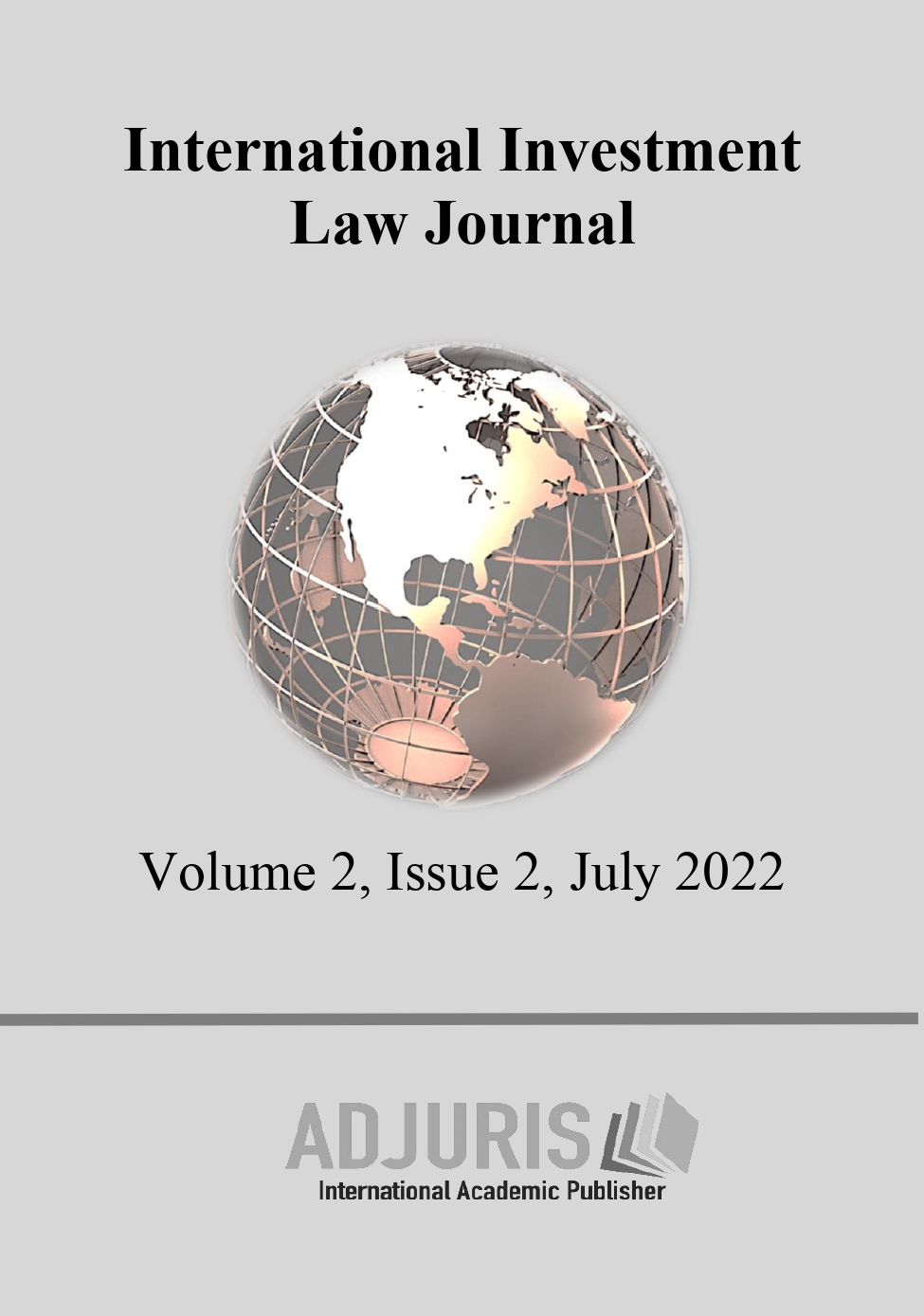The Nature of the Notary Settlement Deed in the Settlement of Foreign Collaterals (AYDA) between Creditors and Debtors
The Nature of the Notary Settlement Deed in the Settlement of Foreign Collaterals (AYDA) between Creditors and Debtors
Author(s): Ketut Harta Yasa, I Gede Artha, I Made SarjanaSubject(s): International Law, Commercial Law
Published by: EDITURA ASE
Keywords: notary settlement of deed; AYDA; creditors and debtors; business law;
Summary/Abstract: Banking in Indonesia currently tends to decrease its performance, due to the increasing number of non-performing loans (NPL) ratios. Juridical obstacles in the implementation of AYDA, due to the existence of vague norms in POJK No. 33/POJK.03/2018, in Article 27 paragraph (3). Problem Formulation: 1). How is the nature of the Notary Settlement Deed in settling bad loans by means of AYDA being able to fulfill the sense of justice of the Debtors and Creditors? 2). What are the requirements and elements of legal action that must be contained in the Notary Settlement Deed in the implementation of AYDA in order to be able to have legal force of proof, legal power of levering or transfer of rights to land collateral, and has binding legal force? 3). To what extent is the Notary Settlement Deed final, binding and meet the criteria as amodern legal product in the settlement of non-performing loans using Foreclosed Collateral (AYDA)? This type of research is normative legal research or legal research; One solution to the implementation of Foreclosed Collateral (AYDA) whose norms are blurred; is resolved by a Notary Settlement Deed because it contains elements: acknowledgment of debt, acknowledgment of default, statement of settlement by submitting collateral by voluntary auction, Deed of Juridische Levering and Faithtelijk Levering, evidence of Settlement, Roya's order, Emptying, and no legal remedies in the future. The results of the study show that the Notary Settlement Deed reflects a sense of justice, has legal power of proof, binding legal force and executive legal force, because it is like the Grosse Deed of Debt Recognition, Voluntary Submission of Collateral, Juridische Levering and Faithelijk Levering, and there is no legal remedy; with several conditions that must be met, namely: There is an agreement to end the dispute; written form/deed; made by people in power. The Notary Settlement Deed reflects a legal product with modern characteristics. As for the novelty, the Notary Settlement Deed contains elements of Debt Recognition like the Groosse Debt Recognition Deed. The Novelty Peace Deed contains Juridische Levering and Faithelijk Levering and the Notary Settlement Deed Novelty is no legal remedy in the future. The implementation of the Peace Deed can be perfect if it meets the following requirements: Juridical Doctrine, Sociological Doctrine, and Philosophical Doctrine. The construction of article 27 paragraph (3) is: "The takeover of the collateral as referred to in paragraph (1) must be accompanied by a Notary Settlement Deed, a Sale and Purchase Agreement Deed (PPJB) and a Deed of Authorization to Sell from the Debtor to the Bank and a Certificate of Settlement from the Bank to the debtor". Conclusion: The nature of the Notary Settlement Deed is proven based on the Grand Theory of Justice, has executive legal force and is a modern legal product.
Journal: International Investment Law Journal
- Issue Year: 2/2022
- Issue No: 2
- Page Range: 165-177
- Page Count: 13
- Language: English

